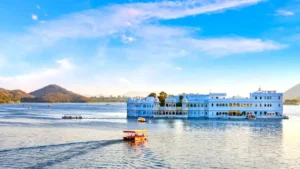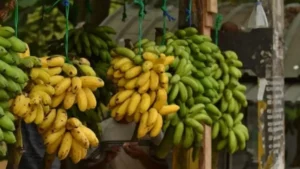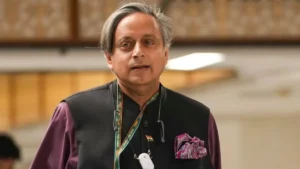India, on a mission to enhance its infrastructure along the country’s remote frontiers, has recently unveiled a groundbreaking policy aimed at dignifying the lives of casual workers employed by the Border Roads Organisation (BRO). Defence Minister Rajnath Singh approved this policy, which not only addresses the preservation and transportation of mortal remains but also raises funeral expenses. This move emphasizes the perilous nature of the work undertaken by these individuals in challenging terrains.
Preservation and Transportation of Mortal Remains
Until now, the facility for preserving and transporting mortal remains at government expense was exclusively available to BRO’s General Reserve Engineer Force (GREF) personnel. However, recognizing the invaluable contribution of casual laborers, this policy extends this privilege to them as well.
Enhanced Funeral Expense Policy for BRO Casual Workers
BRO employs approximately one lakh casual workers who labor tirelessly to construct critical border infrastructure spanning regions from Ladakh, Arunachal Pradesh, and Sikkim to Uttarakhand and Himachal Pradesh. These projects encompass roads, bridges, tunnels, airfields, and helipads. Unfortunately, the tough working conditions and adverse climates sometimes result in casualties.
When these workers meet an untimely demise, the burden of transportation falls upon their grieving families, often faced with financial constraints. This policy raises funeral expenses from ₹1,000 to ₹10,000 for those whose last rites are performed at the worksite, providing some relief to these families.
Comprehensive Welfare Measures for Forward Worksite Laborers
Recognizing the challenges faced by laborers at forward worksites, Defence Minister Rajnath Singh has issued directives to the Border Roads Organization (BRO) to establish appropriate welfare measures. These initiatives go beyond the preservation and transportation of mortal remains and encompass a wide range of support areas.
The welfare measures include:
- Preservation and Transportation of Mortal Remains: Ensuring respectful handling and transportation of deceased workers.
- Portable Cabins: Providing comfortable and functional living spaces.
- Prefabricated Shelters: Offering sturdy and weather-resistant accommodation.
- Bio-Toilets: Ensuring hygienic sanitation facilities.
- Snow Tents with Polyurethane Insulation Panels: Shelter from extreme weather conditions.
- Special Winter Clothing: Equipping workers for harsh winters.
- Rations for High Altitudes: Adequate food supplies for high-altitude regions.
- Healthcare Facilities: Access to medical care in remote areas.
- Training in Emergency Medical Management: Enhancing emergency response skills.
- Makeshift Schools for Children: Providing education opportunities for their children.
This comprehensive approach reflects a sincere acknowledgment of the invaluable contributions made by these unsung heroes at the forward worksites.
Independence Day Recognition
The significance of the BRO’s role was further highlighted on the 77th Independence Day celebrations at Red Fort when 50 BRO workers were invited as special guests, underscoring their integral part in India’s development.
BRO’s Crucial Role
The BRO is at the epicenter of India’s border infrastructure development. Over the past three years, it has successfully completed nearly 300 pivotal projects amounting to ₹8,000 crore. India may lag behind China in border infrastructure, but it is rapidly narrowing the gap through efficient execution of strategic projects, increased financial allocations, and the deliberate adoption of cutting-edge technology and techniques. These measures have gained prominence since the standoff with China in May 2020.
A Surge in Funding
Funding for the BRO has surged over the years to expedite infrastructure development. In recent years, this trend has continued, with a projected expenditure of approximately ₹15,000 crore in 2023-24.
Here is the information in a table format:
| Year | Funding for BRO (in crore rupees) |
|---|---|
| 2008-09 | ₹3,305 |
| 2009-10 | ₹4,670 |
| 2020-21 | ₹7,737 |
| 2021-22 | ₹8,763 |
| 2022-23 | ₹12,340 |
| 2023-24 | ₹15,000 (projected) |




 Which Lake is known as the Jewel of Udai...
Which Lake is known as the Jewel of Udai...
 Which is the Largest Banana Producing St...
Which is the Largest Banana Producing St...
 Shashi Tharoor Conferred Honorary D.Litt...
Shashi Tharoor Conferred Honorary D.Litt...








